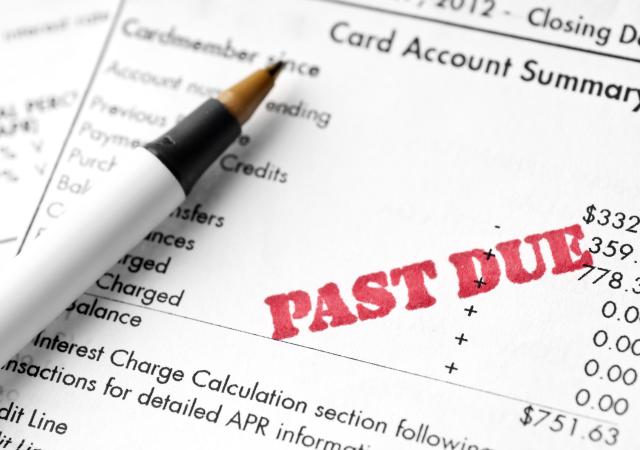You’ve been gambling on continued dirt cheap interest rates for years and you have been able to survive.
You’ve become used to not having to pay high interest rates.
You’ve been taking a big gamble. Now is the time to stop gambling.
That’s because all good things come to an end, even relatively low interest rate credit cards. So prepare for the end of cheap money.
Who Says So?
That’s the advice credit card experts and financial advisors as the Federal Reserve considers raising the prime interest rate in July.
“When the Fed raises the rate, card companies will act very quickly to raise rates,” says Matt Schulz, a card analyst with CreditCards.com.
“It is very simple,” says Bill Hardekopf founder of LowCards.com. “If the Fed takes the rate up 25 basis points, then most every credit card on the market will experience an increase of that amount.”
Twenty-five basis points is a quarter of a percent point. That can mean the cardholder digs deeper.
What Goes Down Could Go Up
The Fed could also raise rates at meetings in September or December. The analysts’ consensus is sometime in the next six months the Fed will do so and possibly several times. Average credit card rates is 15.18%, says CreditCards.com. But some cards charge more.
Those with big card balances now pay about 18 percent interest, according to Sean McQuay, a card analyst with NerdWallet. Higher rates result in paying more in interest.
Jill Gonzalez, a card analyst with WalletHub, says many people could be affected. She warns that, based on first quarter numbers, Americans are now charging at close to the same pace as in the disastrous year of 2008. That’s when many people took on too much debt and card delinquency rates spiked.
“The average card balance is close to what average balances were back in the first quarter of 2008. Americans, if they continue charging at the same rate, could reach a new record of one trillion dollars in credit card debt by the end of the year,” Gonzalez says.
What’s the Bill?
The average cardholder owes some $7,600, she says. That average includes households that pay off balances each month and those carrying credit balances from month to month, paying interest on these balances. They’re called revolvers. That’s because they’re playing Russian Roulette with their financial lives. They have balances of about $16,000, she adds.
And, if the average card rate went up twenty-five basis points, then this average cardholder would be paying much more a month in interest. It would take this person longer, sometimes much longer, to pay off card balances.
Take someone who owes $15,000 and is paying 13%: A single small rate bump of 0.25% adds about $400 in interest. A larger cumulative rate bump of 1% adds nearly $1600 in interest. For some people, that will drop them hopelessly into red ink, red ink that will take years to pay off.
So that means, say card experts, that between now and at least until the July Fed meeting, the card rate will continue to be low. Revolvers pay attention—it is easier to pay off balances at low rate card rates. There is another factor revolvers should consider. Low interest rates mean there are still lots of zero rate credit card transfer deals around.
But, after a rate hike, cards would be more expensive and deals harder to find, Gonzalez warns.
“I think, if the Fed raises rates, we will see fewer of the zero percent transfer bargains and they will be for a shorter period,” she says. Instead of 12 to 24 months, she adds, these card deals will probably be six to twelve months.
Act Now
So, before interest rates rise, cardholders should protect themselves and get rid of card debts, card experts say.
“It is very important to pay off these card balances as soon as possible,” notes CreditCards’ Schulz. He escaped card debt as a young man. He owed thousands of dollars in card debt when he came out of college but paid it over several years.
How did he do it?
He spent less and that speeded up the process of escaping credit card debts that can plague you for years if you don’t stay on top of them.
“The sooner you pay them off, the more you will save in interest payments,” according to Schulz.
That’s good advice because it comes down to one thing: Stop gambling on interest rates that can’t stay low forever.
Tips for Dumping Card Debt:
*Know how much you owe. Compile a debt summary.
*Contact creditors. See if you can negotiate a lower rate.
*Pay off the highest interest rate cards first.
*Always pay more than the minimum.
*Take advantage of zero percent balance transfers while they still exist.
![]()
